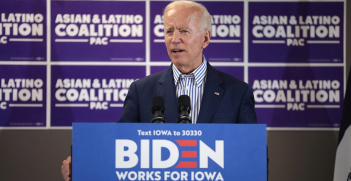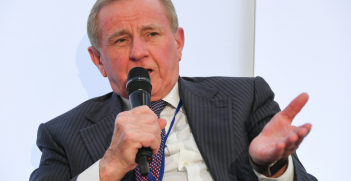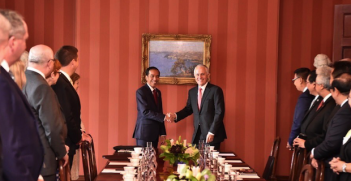Take it to the Banks

An embrace of inspired, forward-thinking banking policies and regulations across both developed and developing economies is needed to accelerate global growth, writes India’s Rajiv K Bhatia.
The G20 has evolved as an indispensable forum to address the global economic issues related to finance, banking and monetary policy. And as it comprises both advanced and developing economies, the Summit facilitates more inclusive deliberations and allows the creation of effective response strategies to address the myriad of global economic challenges. India has been a keen participant in the deliberations of the G20 and has always advocated growth in emerging markets.
Intrinsic global challenges
In his Saint Petersburg speech last year, India’s Prime Minister Dr Manmohan Singh alluded to the intrinsic need for structural reform in developed countries, calibrated monetary expansions and managing capital volatility in developing countries. He cautioned that the challenges facing the global economy have now increased in terms of subsidies management, tax reforms and fiscal consolidation. A need is being felt for labour reforms, skill enhancement and cross-border labour mobility, which are prerequisites for cost-effective global markets. Furthermore, the developing countries need to take lessons from their developed counterparts in terms of capital adequacy, regulating shadow-banking institutions and vital financial institutions. In order to achieve better regulation and scrutiny, there is a need for an extensive network of financial institutions across the globe, primarily in rural areas, and cooperation among transnational financial entities to address concerns related to money laundering and terror financing.
A focus on small and medium enterprises
In a number of developing countries, there is a need for a mechanism to make credit available to small and medium enterprises to accelerate development and growth. G20 countries also need to work towards enhancing the capital allocated for funding infrastructure projects in multilateral development banks. Said banks – in particular the World Bank, Asian Development Bank and International Finance Corporation – should significantly enhance lending for infrastructure development in developing countries. Thus, G20 nations, which account for more than 80 per cent of the international Gross Domestic Product, would be required to play a proactive role in post-global financial crisis restructuring. With the World Trade Organisation’s Doha negotiations lingering on, and without any possibility of conclusion in the near future, there is a need for effective discussion at the G20 to break the current impasse.
Prospects for Brisbane
In the forthcoming Brisbane G20 Summit, the focus should be on accelerating economic growth, comprehensive development strategy and creating more jobs in developing countries. India has expressed its commitment to work with the G20 to promote sustainable and balanced growth by reducing poverty and establishing better fiscal governance and banking norms. This means developing time-bound commitments on reforms in various international economic organisations, addressing infrastructure deficit and cooperation in data-sharing regarding money laundering. G20 policy coordination processes also need to pay more attention to private sector growth, employment generation, easing of tariffs, rationalisation of tax structures and fiscal consolidation.
Also, while the G20 in the future can help countries to put climate finance high on the agenda in order to limit climate exacerbation for a better integrated global approach and financing policies, the role of the Brisbane Summit is specifically expected to address issues related to common rationalised financial norms and ways to reduce fiscal deficit on a priority basis.
Rajiv K Bhatia is Director General of the Indian Council of World Affairs (ICWA).
This is an extract from G20: Words into Action Brisbane 2014, to be published by Faircount Media in association with the Australian Institute of International Affairs in October 2014.





